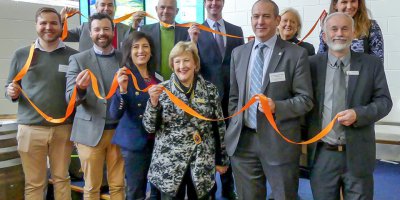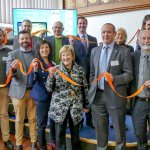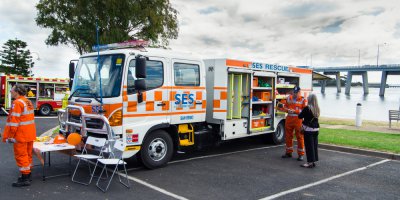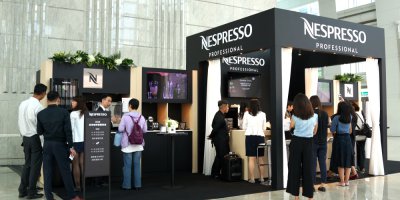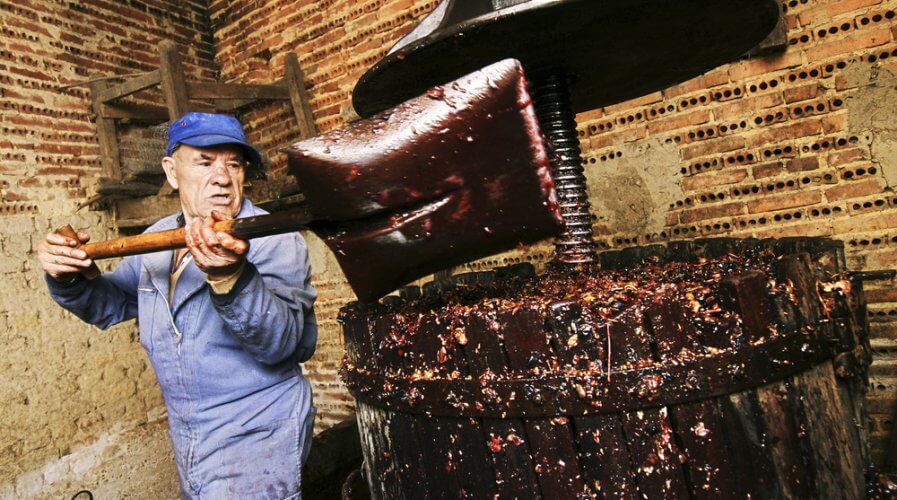
Wine is still largely made using traditional processes. Can technology disrupt the industry? Source: Shutterstock
Australia gets serious about digitally transforming its wine industry
AUSTRALIA is proud of the wine it produces, especially in South Australia.
Aside from providing jobs and (export) revenues to local wine-makers, the country’s wine industry also attracts wine tourists from around the world every year.
However, given the lack of education among wine-makers, technology hasn’t made strong inroads into the industry, affecting overall productivity and efficiency — and that’s exactly what the country’s government, especially in South Australia (SA), is looking to change.
South Australia has 18 wine-producing regions split into four zones, Barossa & Mt Lofty Ranges, Fleurieu, Limestone Coast, and Lower Murray & Far North. Each zone has distinct soil and weather conditions, lending their own uniqueness to the wine produced there.
Given the international recognition received by the Australian wine industry, the Marshall Liberal Government believes it is a pillar of strength for the South Australian economy — with latest data shared in a press release showing that revenues have risen to more than AUD2 billion (US$1.37 billion).
In fact, 50 percent of all Australian wines seem to be made from grapes grown in South Australia and 80 percent of all premium Australian wines also come from South Australia.
To support the industry’s growth in the digital era, the South Australian Premier Steven Marshall and Minister for Primary Industries and Regional Development Tim Whetstone have announced a new program Foment – SA’s Wine and Tourism Tech Revolution.
It's official, South Australia is the undisputed wine capital of the nation. ??
We want our local industry to continue growing – and that’s why today we announced funding to kickstart the 'Foment' program to help wine startups ✅??. pic.twitter.com/tVcGgd7OGU
— SA Liberal Media (@SALibMedia) July 23, 2019
Through Foment, the Marshall government aims to offer support to wine and tourism start-ups to help them take advantage of new advanced technologies, and provide South Australia’s wine and tourism industries with better access to cutting edge technology that will further drive the state’s already booming wine exports.
Touring the 17th Australian Wine Industry Technical Conference (AWITC) in Adelaide recently, the Premier and Minister Whetstone met with nearly 1,444 national and international wine industry delegates to learn about their ideas for growth.
“The conference was a great example of all the innovative technology options available to the wine industry from artificial intelligence to satellite technology,” Minister Whetstone shared with Tech Wire Asia via email.
“One business I spoke to had developed a revolutionary web application that automatically locates crop field boundaries and monitors crop health at a continent-scale.
“In a global first, this web application has mapped and measured every vine row within Australia.
“Of course, it’s up to each individual business what sort of technology they take up, however, hopefully as this sort of technology becomes more common, it will become more affordable.
“The SA Government works closely with industry associations to explore and promote opportunities to employ technology and expand innovation and the latest funding of the Foment program is a good example.”
The Foment program will run in partnership with the Flinders New Venture Institute (the incubator and acceleration arm of Flinders University) and business growth specialists Hydra Consulting.
While the investment in the Foment program is interesting, the reality is that the South Australian government is doing a fair bit to educate the industry about the benefits of using technology.
“We see AgTech as a key tool to help farmers boost agriculture to a $100 billion industry in Australia by 2030,” commented Minister Whetstone.
Recently, one of South Australia’s first wine producers, Taylors Wines, announced that it will be leveraging augmented reality (AR) to better engage with customers and NFC-chipped screw caps to guarantee the authenticity of its produce.
“We’re very excited to be one of the few Australian wineries showcasing this new technology to enhance both the experience and security of our wines, and we look forward to expanding how wine drinkers can engage with Taylors Wines further through this powerful application,” third-generation Managing Director and Winemaker Mitchell Taylor said then.
Overall, the initiatives to digitize the wine industry seem to be making a positive impact— and hopefully, investments in the new Foment program will serve as a capable catalyst for the change that Australia desires.
READ MORE
- Safer Automation: How Sophic and Firmus Succeeded in Malaysia with MDEC’s Support
- Privilege granted, not gained: Intelligent authorization for enhanced infrastructure productivity
- Low-Code produces the Proof-of-Possibilities
- New Wearables Enable Staff to Work Faster and Safer
- Experts weigh in on Oracle’s departure from adland

